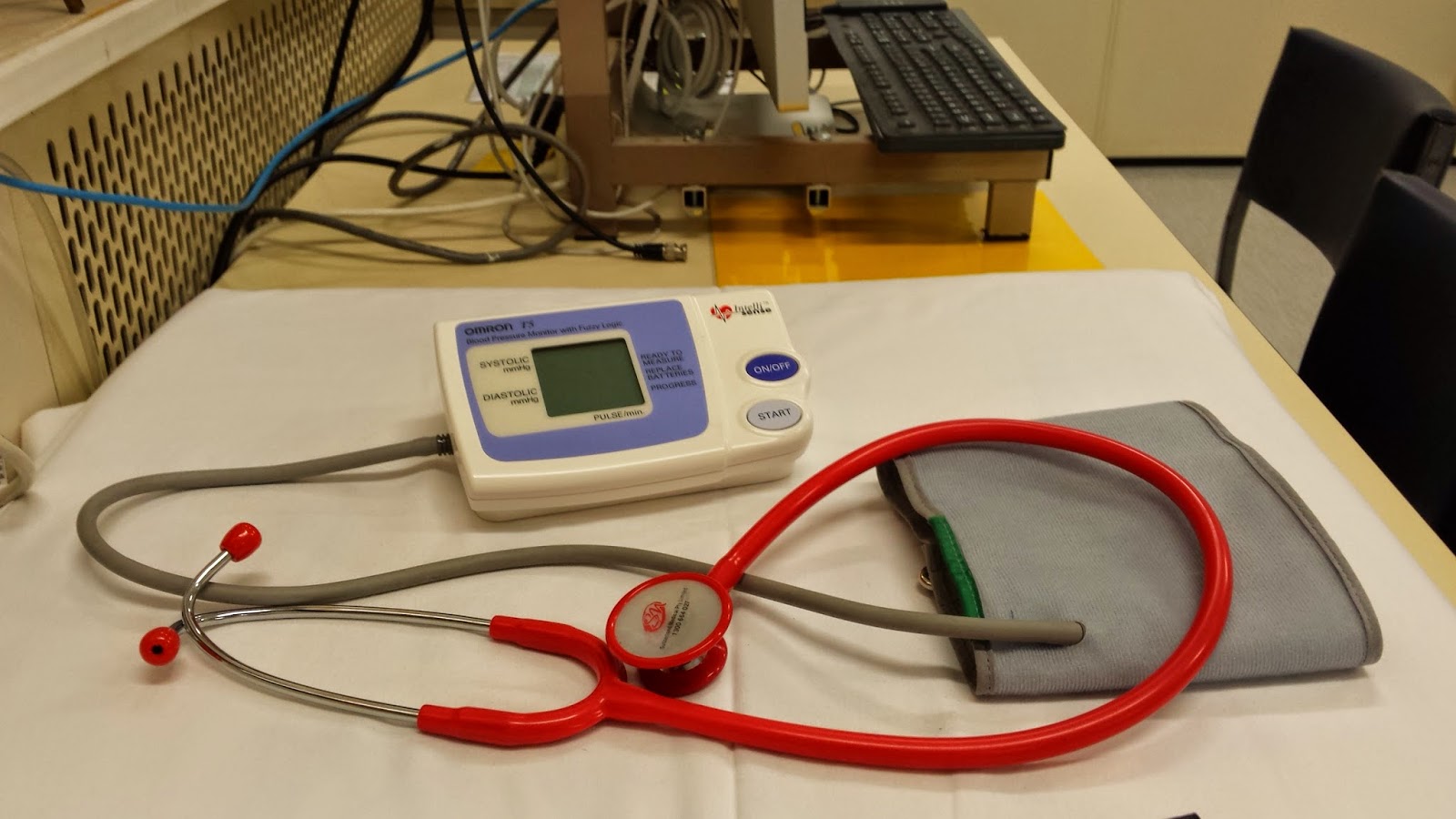Dunedin weather continues to offer four seasons in one day. More wet and cold than sunny and warm at this time of year. We've had hail, snow, gusts and rain over the week. Typical Dunedin rain is misty-drizzle which is ideal for using umbrellas because the rain falls straight down (little/no wind). Last weekend the rain came in thick and fast - two minutes without a rain coat and you may as well go for a dip in the sea with your clothes on (although the rain is not salty!). Not only are 'wets' walking the streets (wet people), they are lying in their flesh for us to examine in our anatomy lab (wet specimens / cadavers). How was that for a topic switch to anatomy?! We finished anatomy for the semester with urogenital and gastrointestinal systems. The lecture on Monday had phrases like "we'll look at the perineal region from the bottom up" (i.e. looking at the inferior surface... this is anatomy humour!). We continue anatomy next semester with the musculoskeletal systems. No doubt the workload will be similar and more hands-on. That's my 10 cents worth in!
PHTY254 continued with chest physiotherapy and associated techniques. Medical imaging is an important role of diagnosis - as such, we must learn how to interpret x-rays. In addition, we were busy percussing chests (a clearance technique this time, not the assessment technique), huffing, coughing, applying manual vibration to the chest and positioning one another for optimal drainage of different branches of the bronchi/passages of the lung. I'm ready for the next wave of the flu now!! The public will be happy that we practice these techniques on fellow students first; the percussion technique uses cusped hands rather than flat 'slaps' - practising on classmates is quality assurance for you! We also learnt the pursed lips breathing technique - you may recognise this as a similar technique ('fish face / kissing face') females use in photos posted on social media! If only they knew how useful it was for persons with COPD. ...no I'm not going to take a 'selfie' of this technique to post here!
My tip for surviving physio is thus, always warm the diaphragm of the
stethoscope
before touching the patient - nobody likes cold hands either! To
maintain good rapport with your classmates, warming your hands before
'patient contact' is essential! (Especially if they've just walked in
from the cold outdoors!)
I found another physio student blog, but this time it is from a past student of the School of Physiotherapy (Otago University): http://mariansphysioblog.wordpress.com/
Today was my last musculoskeletal placement for the year at Dunedin Hospital Outpatient Clinic. The most important thing I have learnt over these three placements is to establish good rapport! From the moment the patient enters the clinic we need to create a positive experience for them. Without this, treatment outcomes are not likely to be as successful. We certainly don't want to make the assessment/treatment process any harder than it has to be - after all, we need to enjoy being physiotherapists!
 |
| Dunedin Hospital |
With no more lecture slides - it's time to revise! Building rapport with ourselves is important too! We don't have to (but can it we want to) medic in the next few weeks due to up coming exams. The team physiotherapist will cover for us. By the end of next week I would have done three out of five exams - I'll let you know how they go!
 |
| A few treatment areas of the Outpatients Clinic |












